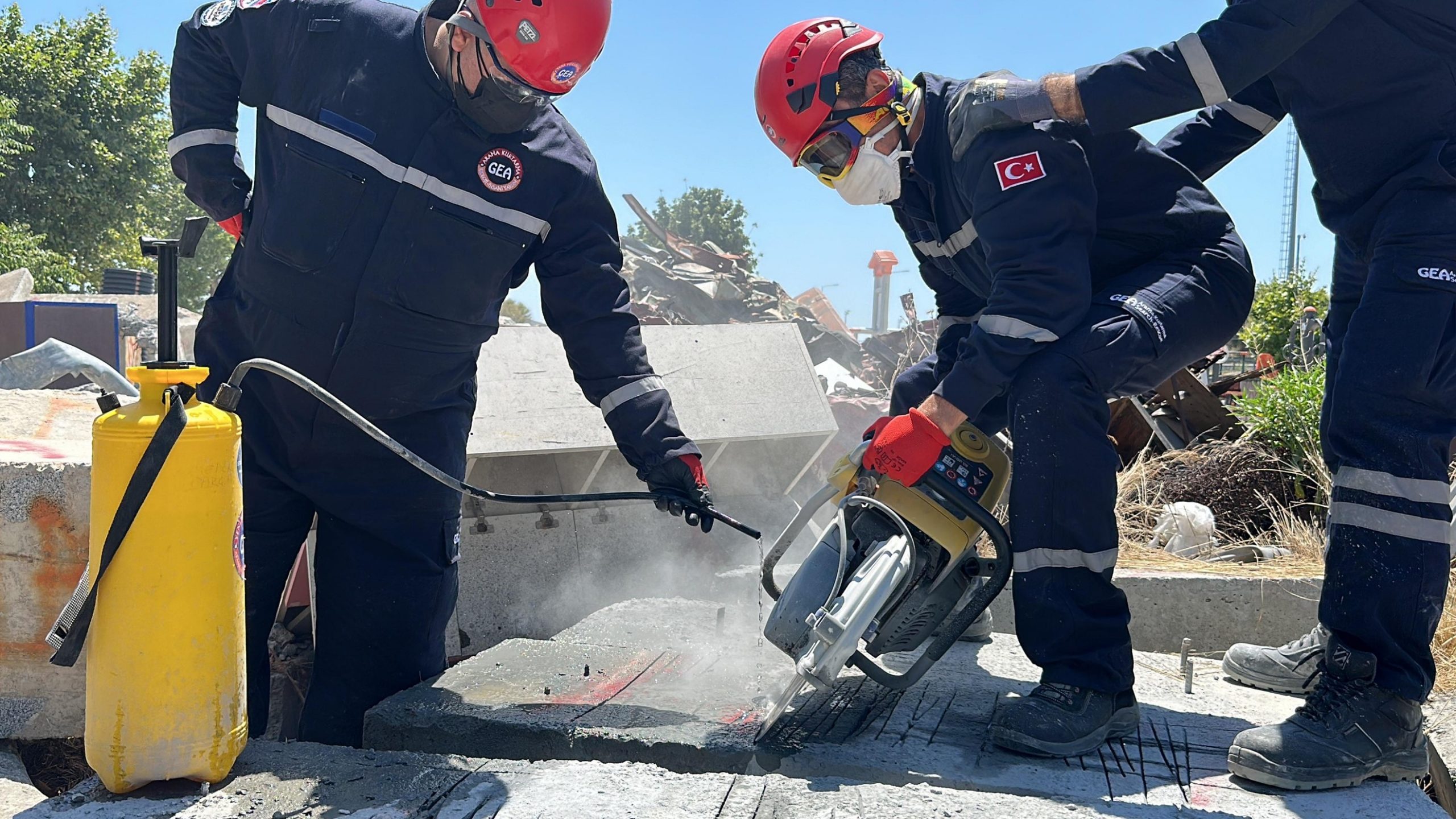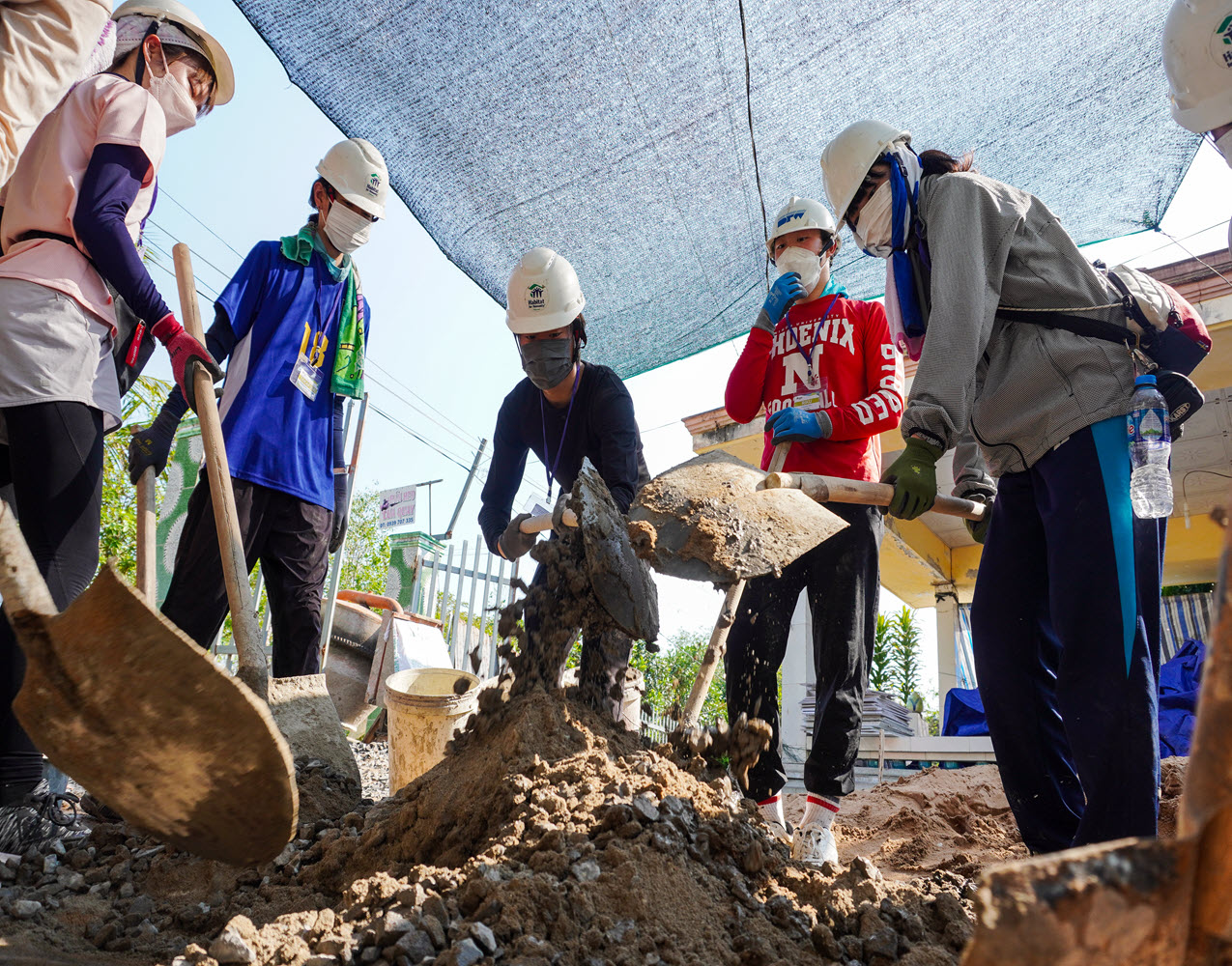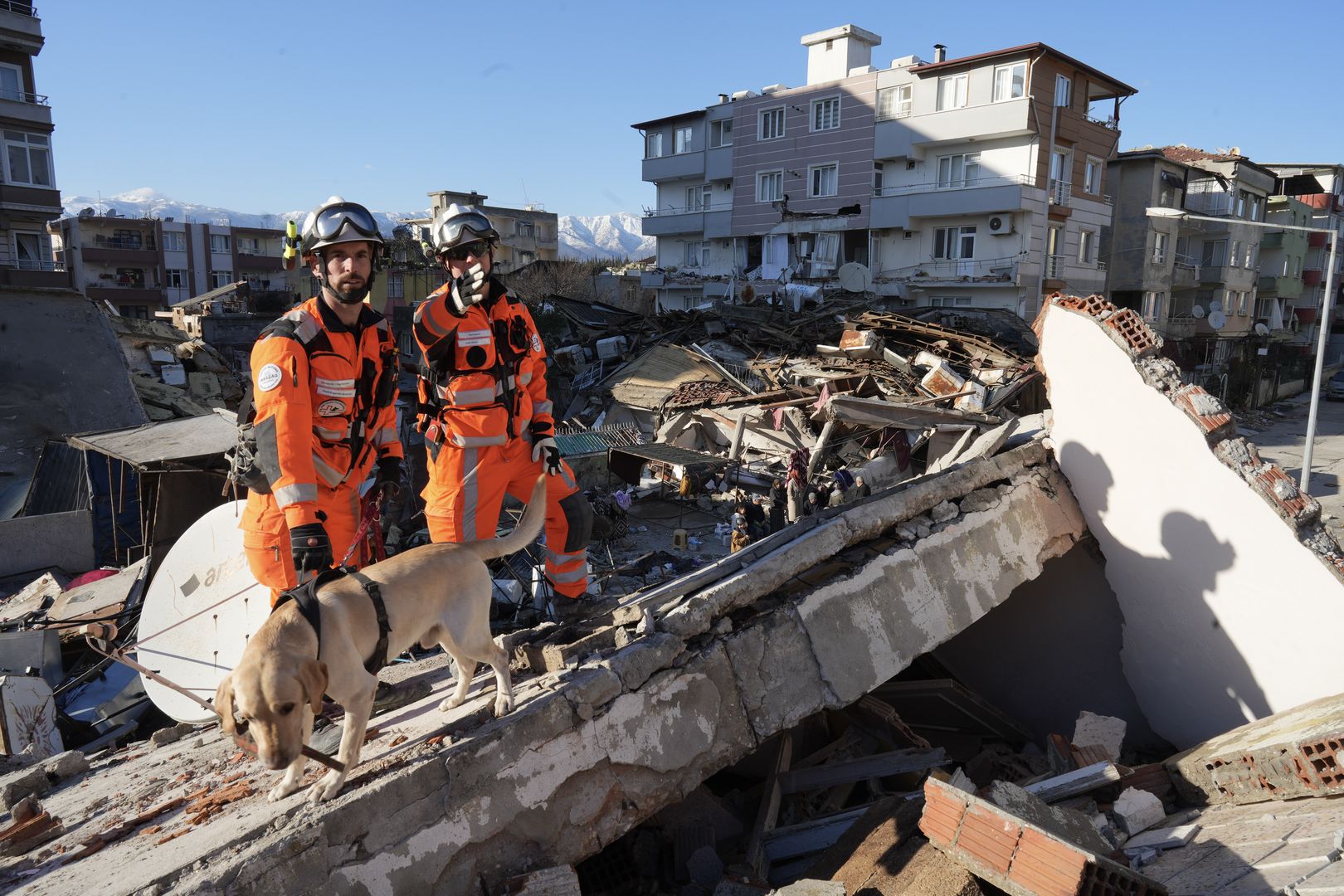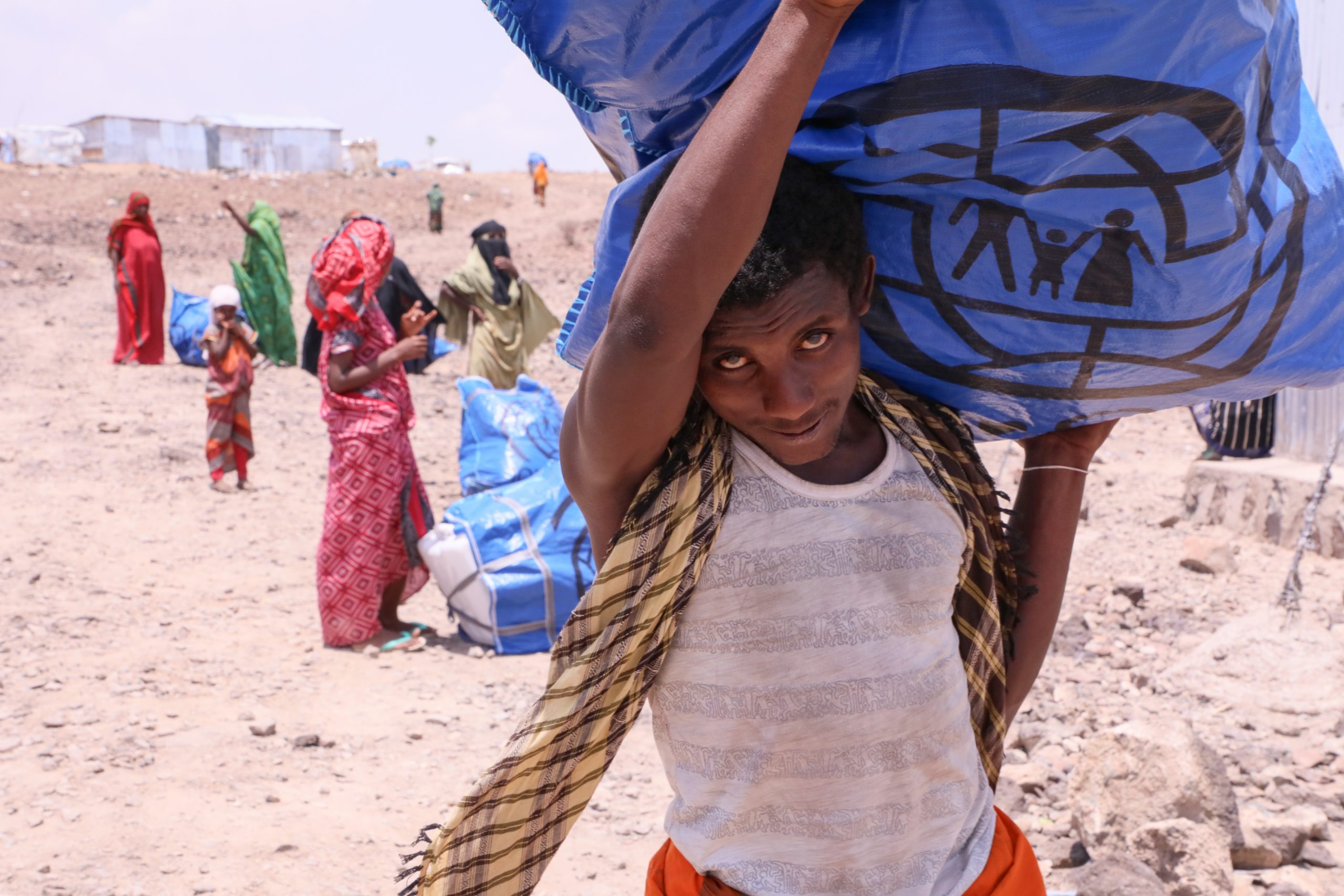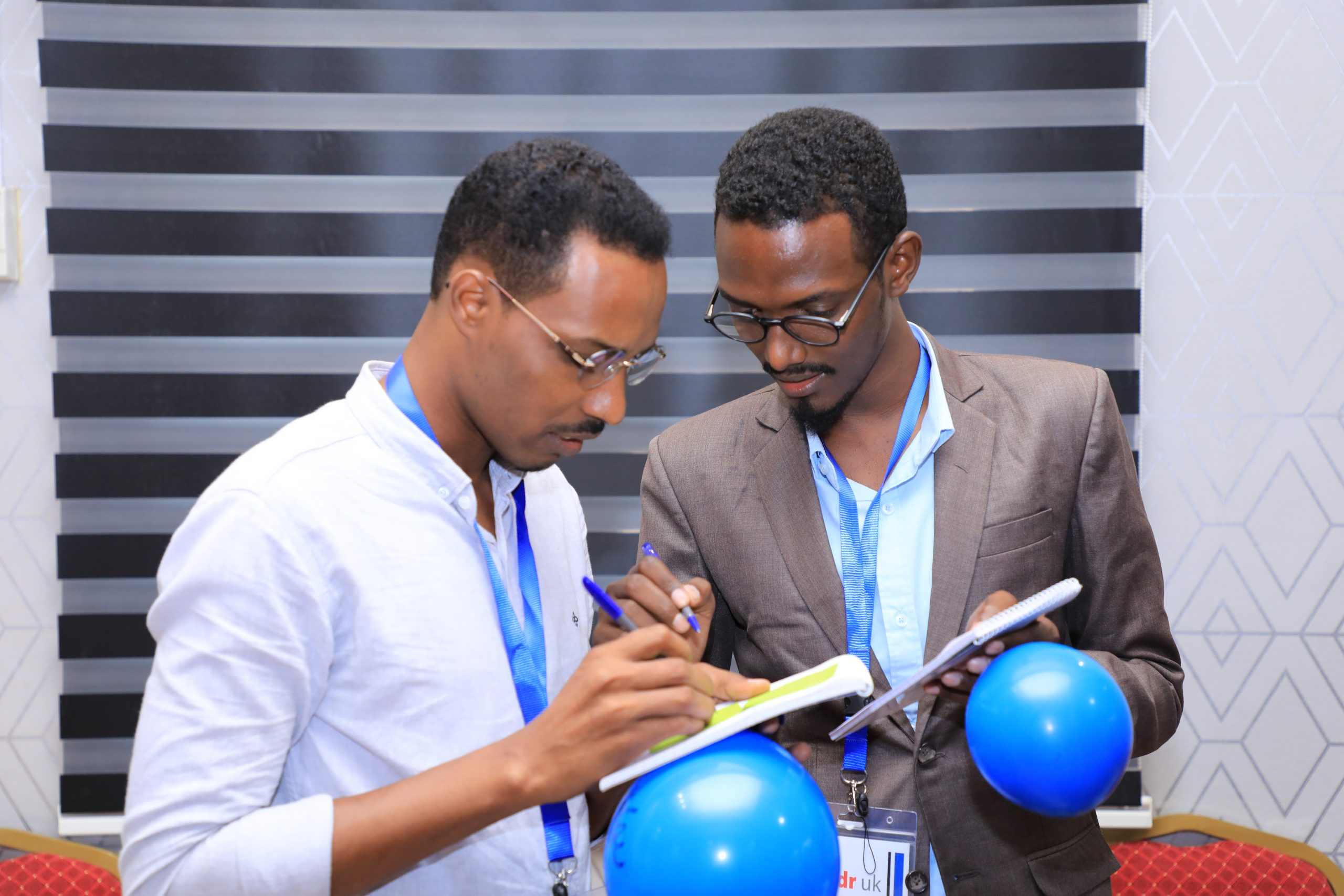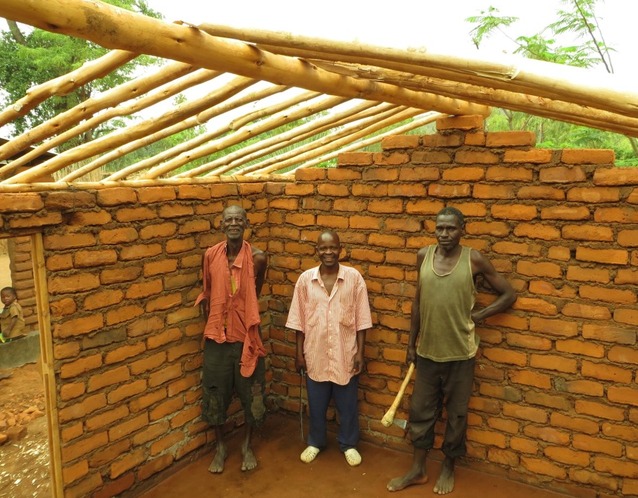
Malawi is one of the poorest nations in Africa, and is highly dependent on agriculture, which accounts for around 80% of employment and 90% of foreign exchange earnings. At the same time, agricultural incomes for smaller farmers such as those targeted by this program are increasingly vulnerable to climate-change related shocks – including flooding, droughts and soil erosion. This program, delivered in a partnership with French NGO Inter Aide, increased farmers’ resilience to such disasters by multiplying local communities’ sources of both food and income.
This particular initiative improved the resilience of 600 Malawian farming families in two Traditional Authorities, through a number of connected initiatives. Deliverables included providing access to seed-banks, the construction of granaries for seed storage and the training of up to 600 farmers with sustainable farming techniques. It also set up chicken vaccination program and agricultural production marketing services for some 2,200 farmers.
The key outcomes – which include crop diversification, improved agroforestry techniques and the adoption of new income generating opportunities – are widely acknowledged methods for increasing farmers’ resilience to natural disasters in developing nations.
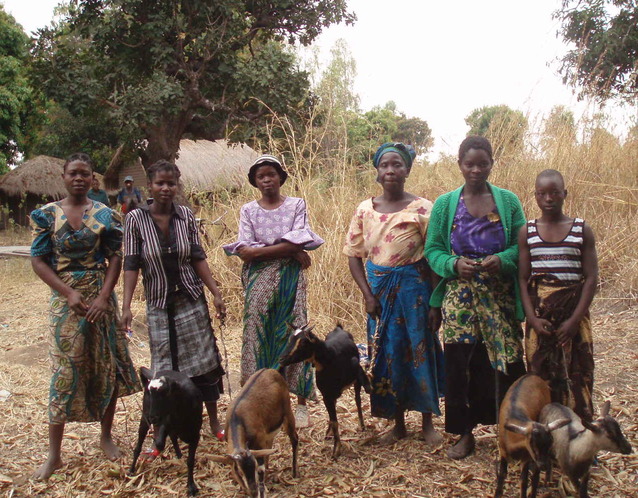
OVER 20 YEARS OF INVESTMENT IN DISASTER MANAGEMENT INITIATIVES
Countries where we have supported our partners’ work in response to a growing range of threats to life and livelihood
Million USD invested since 2001 to help communities better prepare for – and recover from – natural and man-made disasters
Projects addressing a broad range of challenges, including mine-clearance, emergency shelter, resilient housing solutions and capacity building


